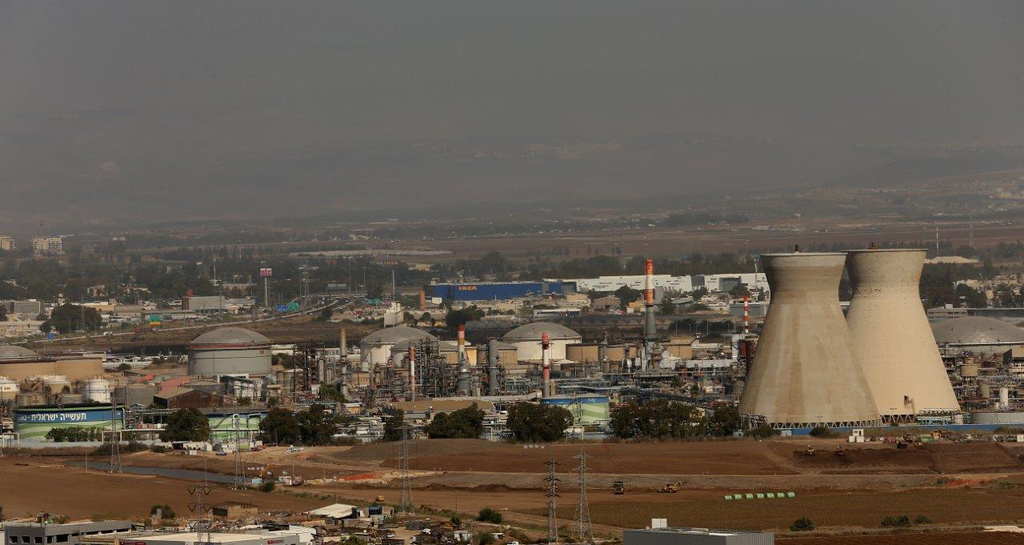Getting your Trinity Audio player ready...
Israel must remove the petrochemical plants in Haifa until 2031, an executive committee appointed by the government ruled on Monday.
The panel, headed by National Economic Council Chairman Prof. Avi Simhon, recommended ending Bazan Group's oil refinement operations in the Haifa Bay, long accused of releasing significant amounts of pollution and being the culprit behind the area's excess cancer morbidity. Bazan's operations in Haifa predate the establishment of Israel in 1948.
The panel recommends turning the region, one of Israel's largest metropolitan centers and home to the country's largest port, into a residential and work-oriented area. The state is poised to pocket billions in revenue from rezoning the land to build tens of thousands of housing units and businesses in Haifa Bay.
The committee noted that dismantling the petrochemical plants would lead to a decrease in the emissions of cancer-causing substances such as nitric oxide and benzene in the area, among others, and even a reduction in pollutants from ship traffic in the ports.
Prof. Simhon said that if the government takes decisive steps, it will be possible to remove the factories from the bay area within five to six years.
The plan is subject to ensuring Israel's energy independence and security.
The public will be able to review the plan and share their comments about its details, after which changes will be examined by the government.
Environmental Protection Minister Gila Gamliel hailed the move which reduces Israel's dependence on polluting fossil fuels.
"We've managed to reach a consensus on the closure of the petrochemical industry in the Haifa Bay which is great news for the people of the Haifa metropolitan and the entire State of Israel," Gamliel said. "This is another significant step in reducing the State of Israel's dependence on polluting fossil fuels, on the way to realizing the vision of renewable energies."



